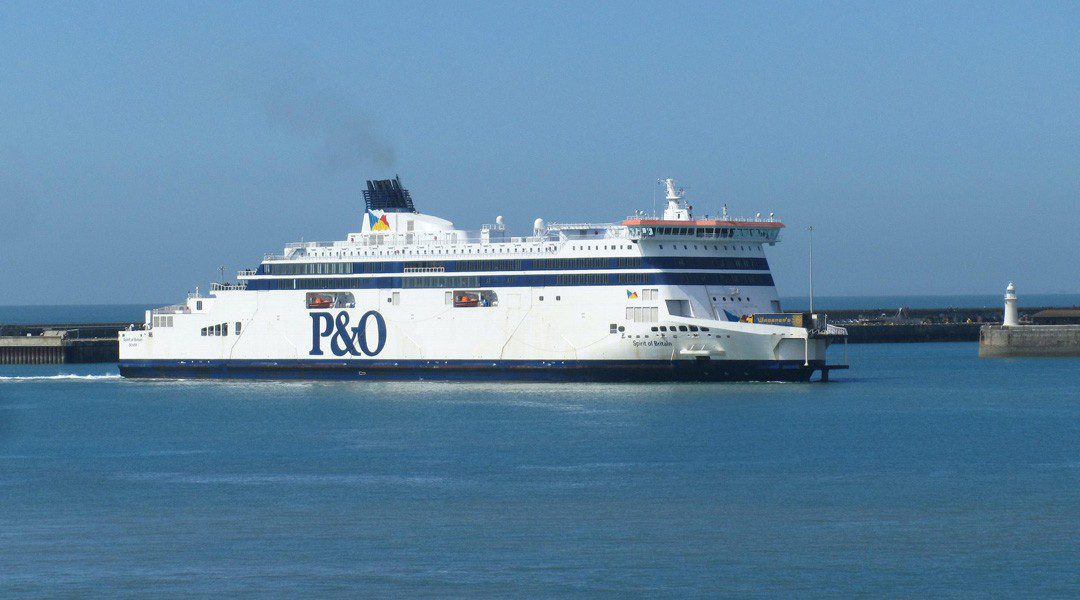Iron ore futures extended losses on Wednesday, as China’s worse-than-expected trade data for November dampened the enthusiasm about a major shift in Beijing’s COVID containment policy, while caution also emerged over signs that the market is overbought.
Top steel producer China’s exports and imports shrank at their steepest pace in at least /2 years last month amid feeble demand at home and abroad, with a looming global recession darkening the trade outlook for 2023.
The most-traded May iron ore contract on China’s Dalian Commodity Exchange DCIOcv1 ended daytime trade 1.9% lower at 765 yuan ($109.63) a tonne.
“Things are still looking challenging amid lingering uncertainty around Chinese reopening and slowing economic growth in developed markets in the short-term,” ANZ commodity strategists said in a note.
China on Wednesday unveiled that marked a major shift in a tough anti-virus policy that has battered its economy and sparked street protests, but worries remain about spikes in new COVID cases especially during colder months.
Dalian iron ore prices have risen about 10% this quarter, boosted by China’s ramped-up policy support for ailing domestic property developers and easing of its COVID restrictions.
On the Singapore Exchange, the steelmaking ingredient’s front-month January contract was down 2% at $106 a tonne, as of 0800 GMT.
Chartists noticed traders’ failed attempts to push SGX iron ore prices above $109 a tonne and test “psychological resistance” at $110.
China’s iron ore imports in November totalling 98.85 million tonnes, up 4.1% from the previous month, brought its total imports of the material this year to 1.02 billion tonnes, data on Wednesday showed.
Dalian coking coal fell 1.7%, while Dalian coke trimmed the day’s gain to 0.4%.
On the Shanghai Futures Exchange, rebar dropped 0.6% and hot-rolled coil slipped 0.4%, while wire rod climbed 0.4% and stainless steel edged up 0.1%.






